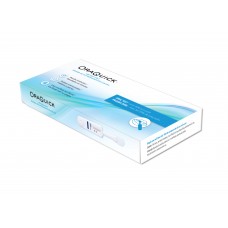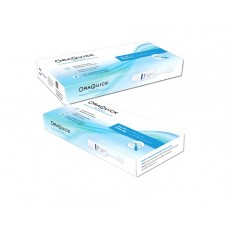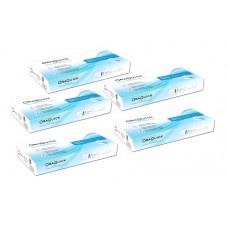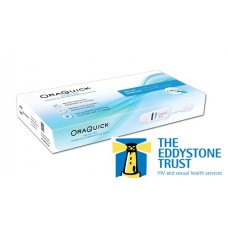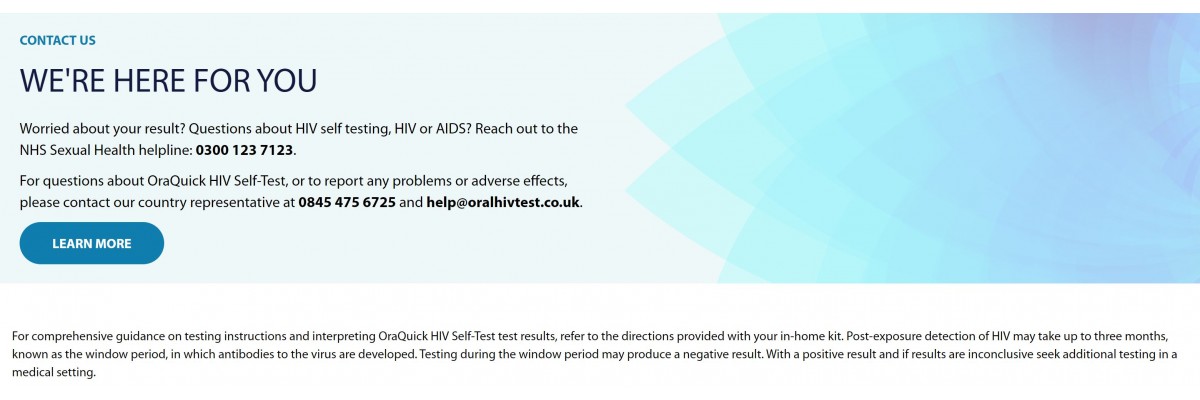Risks & Prevention
Risks & Prevention
-80x80.jpg)
Other Topics

Have questions about testing, results, or where you can find additional support? You’re not alone, we’re here to help you get your questions answered.
Learn More >SOLO - One OraQuick HIV Self Test
OraQuick HIV Self-Test is a CE certified HIV self test that allows you to test quickly and easily in..
£27.00 Ex Tax: £22.50
HOOKUP - Two OraQuick HIV Self Tests
TWO OraQuick HIV Self-TestsOraQuick HIV Self-Test is a CE certified HIV self test that allows you to..
£49.95 Ex Tax: £41.63
FISTFUL - Five OraQuick HIV Self Tests
FIVE OraQuick HIV Self-TestsOraQuick HIV Self-Test is a CE certified HIV self test that allows you t..
£99.95 Ex Tax: £83.29
EDDYSTONE TRUST - OraQuick HIV Self Test - PLEASE SELECT IF YOU HAVE AN EXCLUSIVE DISCOUNT CODE
Please select this product if you have been directed to this site by The Eddystone Trust. Please ent..
£27.00 Ex Tax: £22.50
Monthly Subscription
A monthly subscription for the OraQuick HIV Self-Test. One test shipped monthly. Price is per month...
£22.50 Ex Tax: £18.75
3-Monthly Subscription
A 3-monthly subscription for the OraQuick HIV Self-Test. One test shipped every 3 months. Price is p..
£24.75 Ex Tax: £20.63
6-Monthly Subscription
A 6-monthly subscription for the OraQuick HIV Self-Test. One test shipped every 6 months. Price is p..
£26.95 Ex Tax: £22.46

